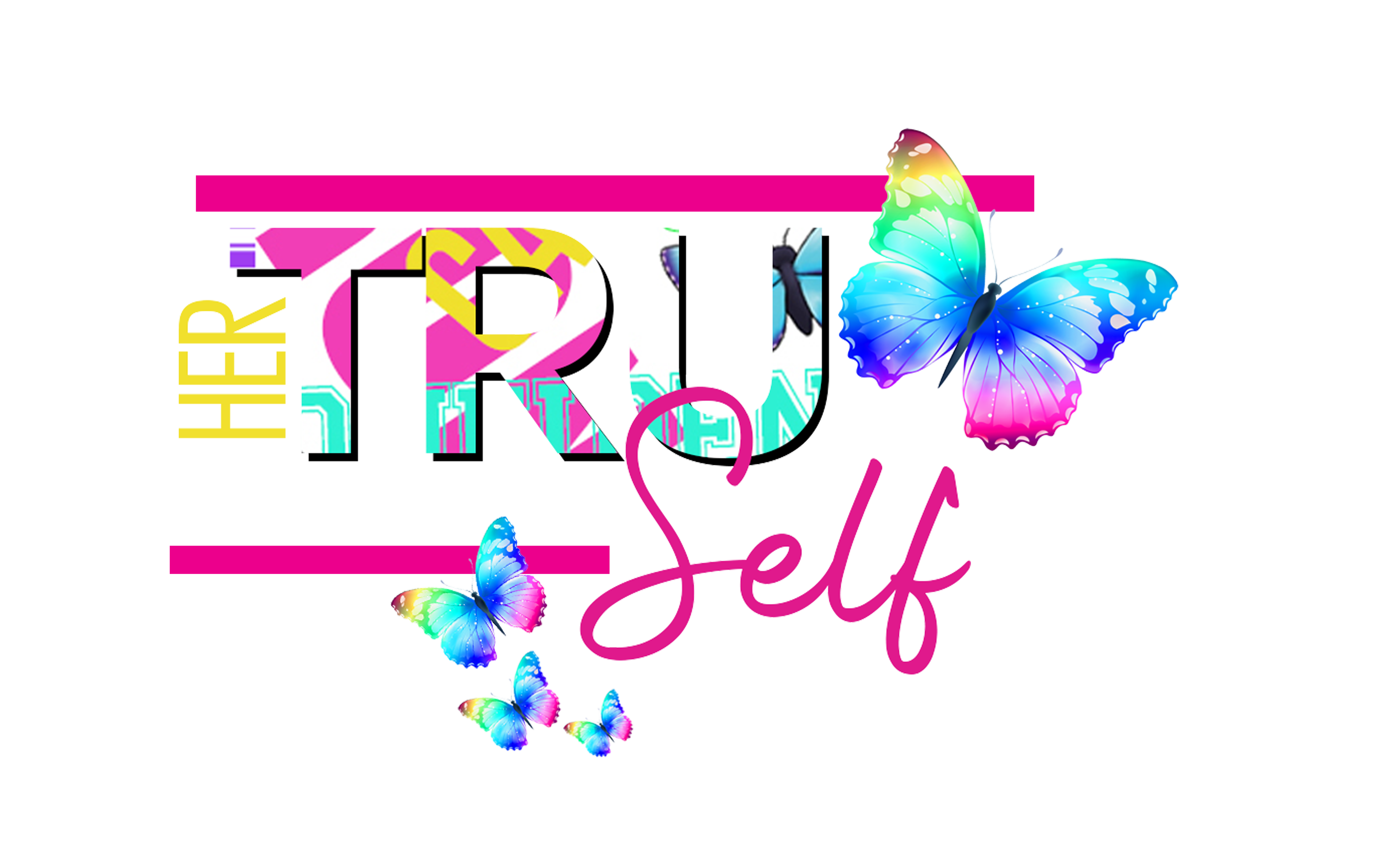The Silent Struggle: How Generational Trauma Impacts a Parent’s Ability to Build Their Child’s Emotional Intelligence
When We Weren’t Taught to Feel: The Weight of Generational Emotional Trauma on Parenting
Have you ever found yourself staring at your child in the middle of an emotional moment — and feeling completely stuck?
Maybe they’re overwhelmed, maybe they’re angry, maybe they’re crying...
And instead of knowing what to say, you freeze.
You might say something like,
“You’re okay. It’s not a big deal.”
Or maybe even, “Stop crying. Be strong.”
And the minute it leaves your mouth, something inside you says,
That’s not what I meant. That’s just what I was told.
What Is Emotional Generational Trauma?
Emotional generational trauma isn’t always loud.
It doesn’t always look like yelling, abuse, or obvious dysfunction.
Sometimes, it’s quiet.
It’s the “Don’t talk about that.”
The “You’re too sensitive.”
The “Go to your room until you calm down.”
Many of us were raised in homes where emotions weren’t understood — they were ignored, dismissed, or shut down.
And our parents? They were doing the best they could with what they were taught.
But here’s the thing: when you’re raised without a language for your feelings, it becomes hard to help your child name theirs.
How It Shows Up in Parenting Today
You’re not a bad parent.
You’re not failing.
You’re navigating something no one helped you understand.
Here’s what this might look like:
-
You feel irritated when your child cries over “little things.”
-
You struggle to explain your own feelings, so you avoid emotional conversations altogether.
-
You want to support your child, but you often feel like you're guessing your way through it.
This isn’t because you don’t care.
It’s because you weren’t shown how.
The Real Challenge: Passing on Tools You Never Received
Emotional intelligence is not something we’re born with.
It’s something we learn.
But how do you teach something no one ever taught you?
That’s the reality for so many parents right now — especially mothers.
We carry not only the responsibility of raising emotionally aware children, but also the hidden weight of healing our own emotional gaps along the way.
And that is hard.
Here’s the Truth
You don’t need to have it all figured out.
Your child doesn’t need a perfect parent.
They need a present one.
Every time you pause before reacting…
Every time you say, “I’m feeling frustrated, but I’m trying to understand what you need”…
Every time you sit with them in their big feelings instead of rushing them out of it…
You’re doing something radical.
You’re breaking a pattern.
You’re starting something new.
You’re doing what wasn’t done for you.
Moving Forward
If you’re reading this and thinking, “I want to do better, but I don’t know how,” — you’re not alone.
That’s exactly why I created HerTruSelf. Not from a place of having it all figured out, but from a place of learning alongside my daughter.
Because the truth is — we’re all still learning how to feel.
And that’s a beautiful place to begin.










